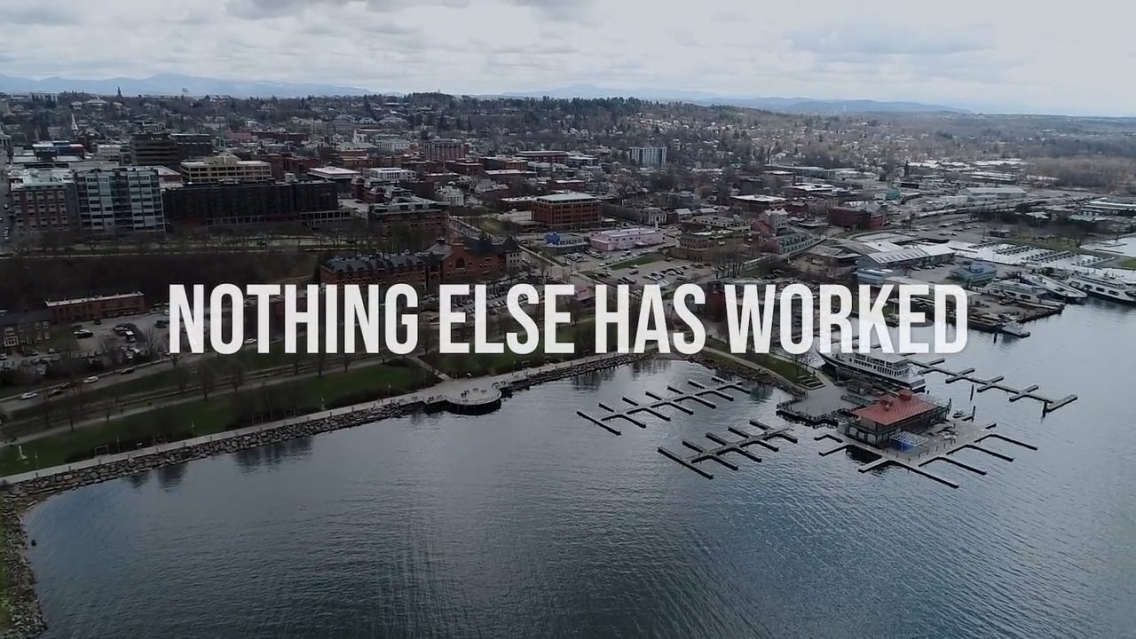Video: Senior’s Film Explores Pros and Cons of Safe Injection Sites
MIDDLEBURY, Vt. – A new film by recent graduate Nate Wiener ’18 tackles the distinctly uncomfortable issue of safe injection sites as a way to mitigate the risks of overdose in Vermont’s opiate crisis. In “Nothing Else Has Worked,” Wiener’s short documentary thesis project, the New York City native interviewed numerous high-level stakeholders in Vermont, including Burlington State’s Attorney Sarah George, Burlington Police Chief Brandon del Pozo, and Lieutenant Governor David Zuckerman. He also spoke with the father of a young man who died of a heroin overdose.
Wiener, who shot and edited the vast majority of the film completely on his own, had been working as a news intern at WPTZ, the NBC affiliate in Colchester, Vermont, covering the State House. He was looking for a story angle on Vermont’s opiate crisis that he could cover in depth.
“In January, there was some buzz about safe injection in Montpelier,” said Wiener. “So, given the immediacy and relevance of the issue, I decided to focus the documentary on safe injection and I did my best to do a deep dive into the subject matter.”
Wiener contacted more than 30 people for interviews, including the director of a supervised injection facility in Montreal, who allowed him to tour the facility with his camera. The owner and general manager of Spectre de Rue, Gilles Beauregard, told Wiener he was the first Vermonter or American to visit the facility, which has been open since last November.
“Nate’s film manages to give us a compelling overview of the discussion around safe injection sites in Vermont, within the context of the larger opioid crisis,” said David Miranda Hardy, associate professor of film and media culture and Wiener’s thesis advisor. “It is very difficult to achieve such level of clarity in the exposition of a social problem while advancing a point of view, in a visually compelling audiovisual piece under 12 minutes. Nate managed to get access to important political and law-enforcement stakeholders, while keeping an eye on the people directly affected by the problem.”
Wiener says the biggest challenge of the project was narrowing 13 interviews and more than five hours of film down to a short piece. “Many facets of the crisis and intricacies that I discovered while making this project had to be cut to simplify and help make a cohesive narrative,” he said.
The film explores the issue from a variety of perspectives, including from city and state law enforcement officials who express reservations about the idea of safe injection, and from State’s Attorney Sarah George who, as a prosecutor, believes the life-saving potential makes it worthwhile. The man identified only as “Bob,” whose son died from an overdose, says he has no idea whether supervised injection sites would work but is willing to try it because nothing else has worked so far.
Wiener has submitted his film to the Middlebury New Filmmakers Festival, which will take place in August, and the Vermont International Film Festival scheduled for October.


